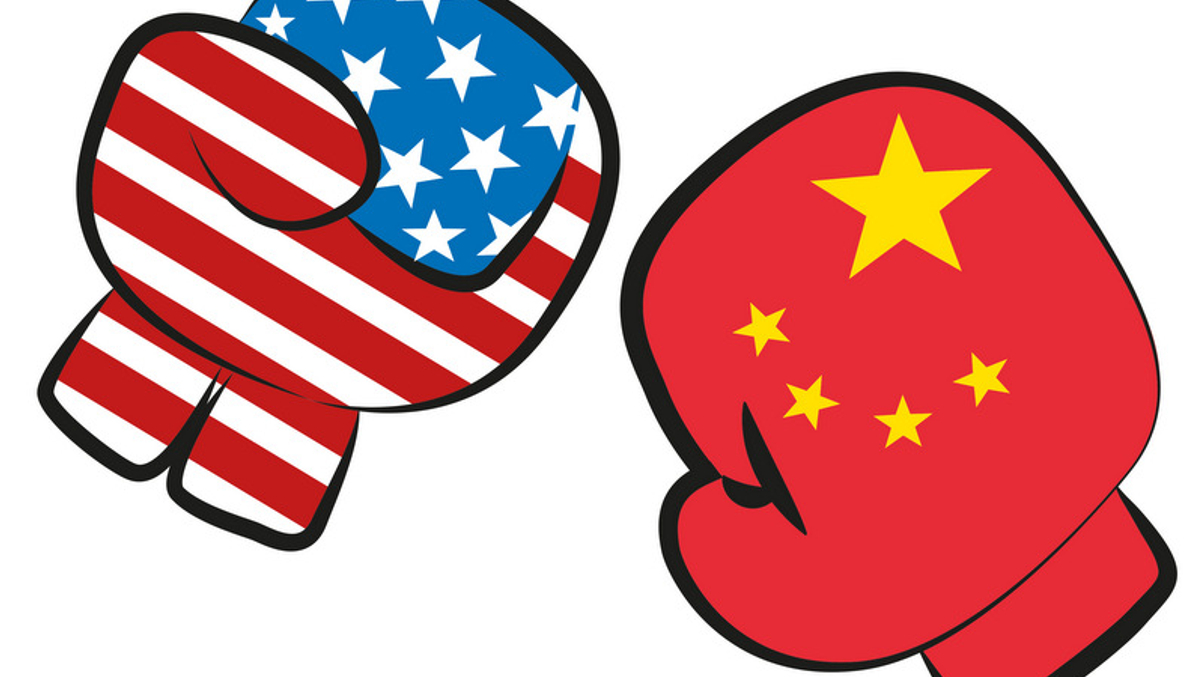Market Views: Trump’s rising “capital war” with China
Washington's growing opposition to US investment into Chinese assets is affecting asset owners and has wider implications too, note market experts.

With the US election scheduled for November, President Donald Trump has dialled up his anti-China rhetoric to fever pitch, and it appears to be having an impact on the investment industry.
Sign in to read on!
Registered users get 2 free articles in 30 days.
Subscribers have full unlimited access to AsianInvestor
Not signed up? New users get 2 free articles per month, plus a 7-day unlimited free trial.
¬ Haymarket Media Limited. All rights reserved.


